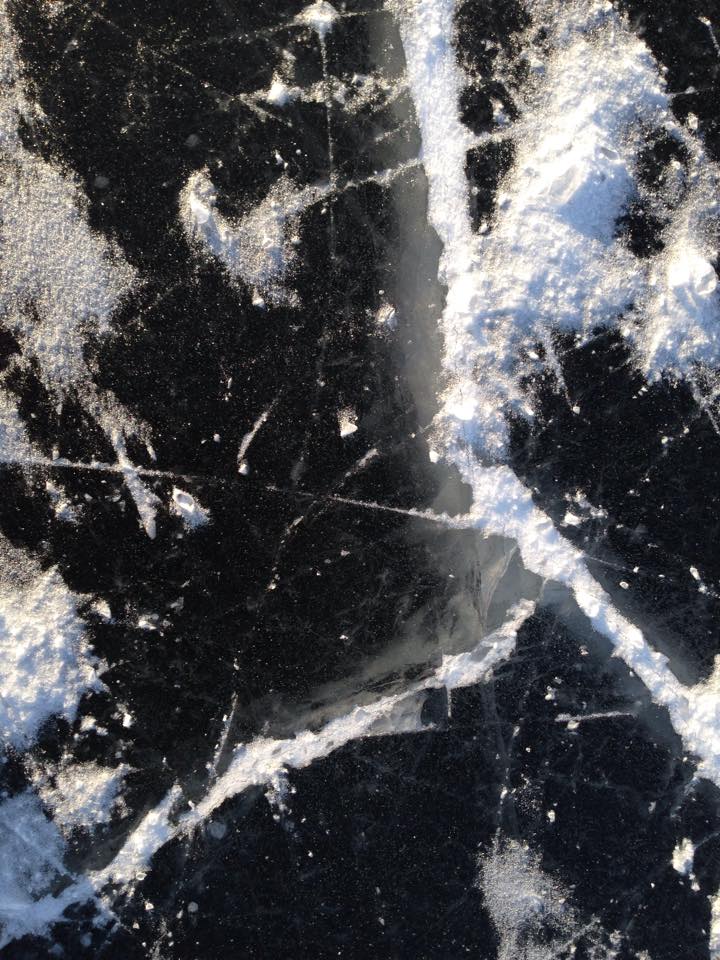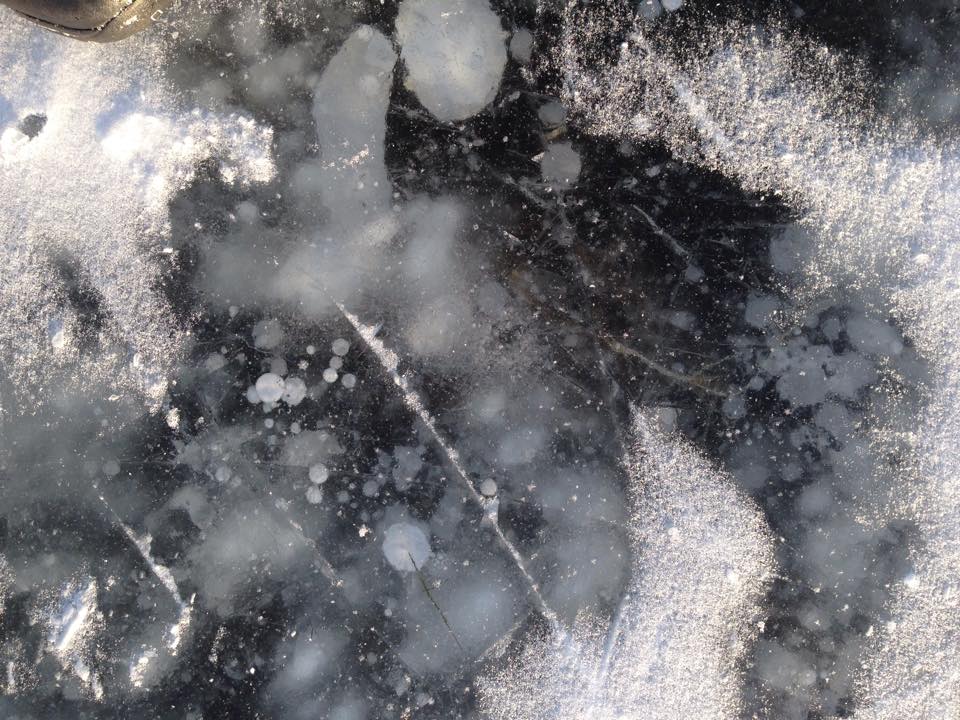“Go on, get ‘em!” is what I could have sworn he said to his dog.
And get us he did. I don’t remember what kind of dog it was, but the key factor here is that the dog was heavy.
I was on assignment, the second year in my job for Up Here magazine, and I was to profile a nice couple living on one of the floating houses that dot the shores of Great Slave Lake, the deepest lake in North America. The ice having recently come off the lake, this was my first time in a canoe all season. Except in its shallowest and most sheltered bays, “the Big Lake” never gets anywhere near what one would call warm.
My photographer was in the bow, while I manned the stern and got distracted navigating a maze of floating platforms. There was some anxiety around this assignment, because the woman of the couple worked for the Catholic School Board and didn’t want to get in trouble for publicizing that fact that she lived with her boyfriend.
So when the hefty paws thudded onto our starboard gunwhale and began to scrabble, it took me a while to process what was happening. We flipped. I don’t remember a splash, so much. I was just vaguely reaching out as if the surface of the water could prop me up while I righted the bucking canoe.
GASP. I have never felt such paralyzing shock. My wheezing lungs felt like they were up around my collarbone and fighting for oxygen. My chest had a will of its own, working in and out whether I wanted to hold my breath or not. I was making little honking sounds. My relatively strong swimming skills seemed to count for nothing. Two months pregnant, I felt sure I would miscarry.
It could have been worse –- it might have happened in the Autumn, through the ice. Every year, people go through, either trying to hop their snowmobiles over holes in the ice or simply skiing off the edge in the dark.
That first gasp response is completely involuntary, and if it happens when your head is under the surface you will inhale water and can drown right then and there. If not, the hyperventilation can disorient you, and by the time you have control of your breathing your extremities have cooled so much that your fingers are too stiff to grasp a rescue line or hoist yourself.
My clumsy underwater flailing is exonerated by the research which suggests my hyperventilation resulted in “inefficient swim stroke mechanics.” Plus women have more trouble with cold stress than men, despite their higher body fat percentage.
Once the bigger muscles have cooled, you can no longer swim. It’s much more likely that you will drown than die of hypothermia.
The ice on the lakes around here has thickened already to the requisite six inches or more. That’s what allowed my friend Tom Andrews to snap these photos two weeks ago. (Note the methane bubbles under the ice – signs of melting permafrost).
If you do fall through, the key is to waste no time. Turn back in the direction you came from – the ice was stronger there – and kick horizonally, swimming and wriggling to lie on the ledge. Don’t heave yourself up with your arms, or you’ll only put your whole weight on two pegs even smaller than your feet, and you’ll go under again. Once on the ice, roll away from the hole, crawl for a good while and then book it for shelter.
If for whatever reason you just can’t get out, but you know that help is on the way, freeze your clothing onto the ice so that your mouth will be above water if you loose the ability to swim. That buys you an hour or more before death by hypothermia.
Even after you are rescued, there is danger of “after drop”. As you warm up, your core body temperature actually goes down. This was once thought to result from cold blood from the periphery starting to circulate back to the heart, but newer studies suggest the cold simply migrates through the body tissue from the limbs to the core.
Luckily for us, floundering out in the big, cold lake, we were promptly fished out and flopped clumsily onto the deck of our source’s houseboat. Wrapped in extra sweaters and clutching mugs of tea, we watched our semi-repentant assailant – apparently the man “next door” – don scuba gear and fish for the camera on the lakebed. It was never to work again.
Thanks to Tom Andrews, archaeologist extraordinaire, for his iPhone photos.

